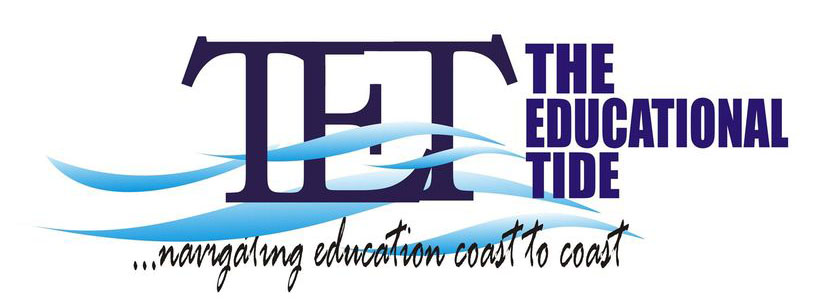The federal Government has set stringent conditions for the reopening of schools across the nation. These guidelines were set out in a document, titled, “Guidelines for schools and learning facilities reopening after COVID-19 pandemic closure,” submitted to the National Assembly by the Federal Ministry of Education.
Honourable Chukwuemeka Nwajiuba, Minister of State for Education, who appeared before the Senate Committee on Basic and Secondary Education on Tuesday, presented the proposal, which includes a detailed proposal on the ministry’s plan to reopen schools across the country.
The ministry said reopening of schools demands that sufficient provisions, including infrastructure, equipment and expertise, be available in the schools as stipulated in the guidelines.
The guidelines stipulate require each school to create temporary isolation space and fully equipped clinics before reopening, while mandating school proprietors to construct additional structures and employ more teachers to ensure that they accommodate their pupils by adhering to the two-metre spacing system in classrooms.
The schools are also to establish a referral system, including protocols and procedures to take if students, teachers, administrators and other education personnel become unwell while in school.
The guidelines also require any state wishing to reopen schools to hold adequate consultations with the Presidential Task Force on COVID-19 and the parents.
Proprietors of schools have also been asked to seek grants to procure soap and buckets, ensure regular safe water supply, ensure constant supply of learning and instructional materials and pay salaries on time.
The ministry explains that the guidelines were to ensure maximum possible safety and protection against COVlD-19 infection, and effective response if anyone exhibits symptoms associated with COVID-19 Infection.
The document read “It is equally crucial that consultations are held and communication exchanged with parents, teachers, learners and communities to understand and address common concerns.”
In keeping with the National Centre for Diseases Control (NCDC)’s advice on social distancing, the document recommends that students are to stay two metres apart. However, there are some exceptional cases.
“However, there are exceptions where the two-metres rule cannot be reasonably applied and other risk mitigation strategies may be adopted.
“Examples include early years, younger primary school children and those with additional needs.
“In these circumstances, risk assessments must be undertaken with the best interests of the learners, teachers and other education personnel in mind.
“The scenarios require organising learners and children into small groups with consistent membership and compliance to the two-metres safe distancing guideline.
“The membership of these groups should not change unless the NCDC public health guideline suggests otherwise. The safety and hygiene measures outlined in this document should, as in all cases, be followed carefully. It is imperative that safe distancing between adult staff working with such groups be maintained.”
The government also proposed alternative learning models for safe distancing.
They include outdoor learning, which the ministry said could limit transmission and allow safe distancing between learners and teachers.
“The use of shelter outdoors is necessary for the protection and safety of learners and teachers. In addition, safety in all weathers and security measures is required for each location,” it said.
The ministry also suggested staggered attendance where learners may arrive and depart at different times to avoid overcrowding, adding that schools might reopen gradually, starting with particular grade levels.
The government also proposed “platooning” where classes may be divided into morning and afternoon shifts and “decreased interaction where students may remain in one location’ with teachers coming to them.
Others on the list are flexible schedule and creative delivery.
The guidelines read, “A gradual and phased reopening can then be considered while prioritising learners who are vulnerable, have reduced access to distance learning modalities, and/or are in examination classes.
“This would help assess the readiness of schools and learning facilities to reopen fully to all learners. In addition, this would serve to minimise the risk of resurgence of coronavirus infections.”
The government listed the steps and actions to be taken before schools and learning facilities could be reopened.
They include a review of existing policies, practices and risk mitigation strategies in the use of schools for other purposes, such as distance learning centres, temporary shelters and isolation, among others
They also include staggered use of school facilities to ensure compliance with the NCDC guidelines, and development and dissemination of safe school reopening checklist to assist appropriate evidence-based decisions to reopen schools.
Other conditions are “disinfection and fumigation of facilities, including hostel accommodation, with particular attention given to those used as temporary isolation and treatment centres and for other purposes during the pandemic.
“Sensitise, train and build capacity of teachers, administrators and other education personnel to effectively use and comply with the School COVID-19 Referral System and protocols for safe distancing and hygiene in schools.
FG sets stringent conditions for school reopening
Please login to join discussion












